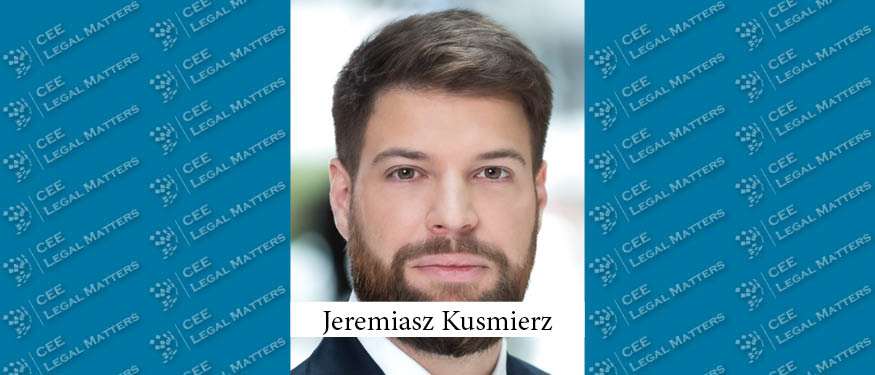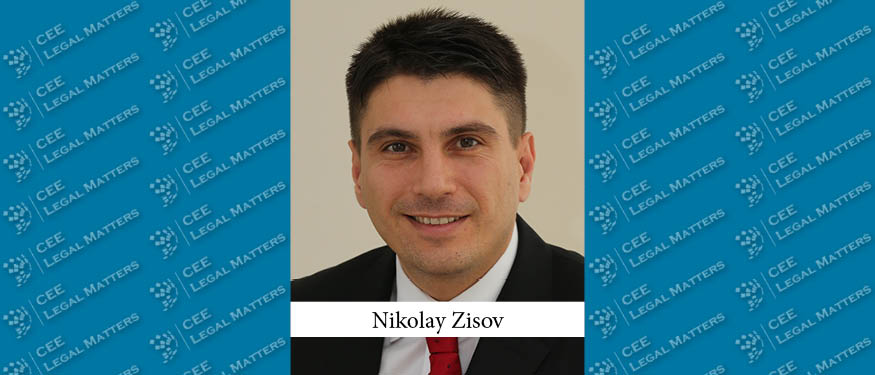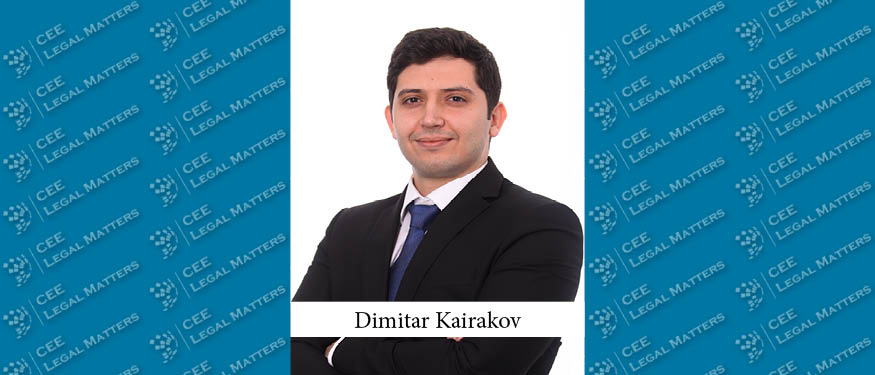Poland is on the verge of implementing the long-awaited new rules on corporate liability for white-collar crimes. This is the second such attempt after an initial legislative proposal was flushed down the drain, only two years ago, amid vehemently critical reviews from entrepreneurs and business associations right across the country.
Whys and Wherefores
The purpose of the new law is mainly to decouple the liability of companies – which benefited from wrongdoing – from the criminal liability of individual perpetrators within those companies. Under the current regulations in Poland, fining a company for the wrongdoings of its officers and employees requires that they be held liable for a crime in court proceedings, as a prerequisite. Only recently, and crucially, has this paradigm been changed for crimes relating to environmental issues, which can be attributed to companies even if there are no individual perpetrators to be found.
This is a great – if not monumental – change because, due to the length of criminal court proceedings in Poland, it usually takes years upon years to hold the direct perpetrators to account for their crimes. Pursuing the liability of a corporation after such a long time would usually not be effective, which is, therefore, why it is of entirely no surprise that Poland’s law enforcement authorities are extremely reluctant to initiate corporate liability cases under the current regulations.
Who and How
The good news for businesses, however, is that this new law is intended to apply only to large companies, employing at least 500 people and generating a net turnover of PLN 100 million per year or more. What is also significant is that the level of the fines will be linked to a company’s revenue and may reach the region of PLN 30 million.
A company will not face liability if it can prove that the wrongdoing occurred despite the company’s properly implemented internal supervision procedures and due diligence measures. As a result, the new rules on corporate criminal liability are likely to boost the implementation of compliance procedures across large entities. In addition, the legislation process of the new law partially overlaps with the delayed implementation of the much-touted EU whistleblowing directive. As one might expect, many corporations will use this opportunity to strengthen their internal reporting procedures and investigation models in order to decrease the risk of any criminal wrongdoing by their employees and more senior officers.
What and When
The downside is that the proposed law does not establish any common standard of compliance measures to be adopted. This could be problematic, but here also lies an opportunity for the market supervision authorities and courts to develop their own tailor-made guidelines for businesses. For now, companies and their advisors will have to make their own decisions on shaping the internal compliance landscape within individual companies and corporate groups as a whole, which might not be a bad thing.
However, there is a selection of measures that can be adopted right away. These include: (1) the establishment of supervisory boards (which were empowered with new inspection and scrutiny tools in this year’s amendment to the corporate law); (2) the development of internal reporting and investigation procedures that allow for anonymous notifications of wrongdoing; (3) the establishment of independent compliance units within companies; and (4) the introduction of regular and frequent stress tests and internal audits.
White-Collar Consequences
The common standard for compliance measures will soon start to develop and crystallize, in parallel with the upcoming introduction of the European Union’s Corporate Sustainability Reporting Directive (CSRD). This may be beneficial to corporations as the EU is actively working on developments in standardized guidelines and measures across the whole Union for the purpose of the CSRD.
Bearing all of this in mind, the new law on corporate liability for white-collar crimes will be yet another factor prompting the introduction of a “self-control” model promoted on both the EU and domestic levels (in each member state). As expected, and as is usually the case, large companies will be forced to lead this change in the years ahead and take on all the associated challenges. And lawyers will have to pick up the slack and fill in the gaps.
By Jeremiasz Kusmierz, Head of Compliance, Penteris
This article was originally published in Issue 9.12 of the CEE Legal Matters Magazine. If you would like to receive a hard copy of the magazine, you can subscribe here.














